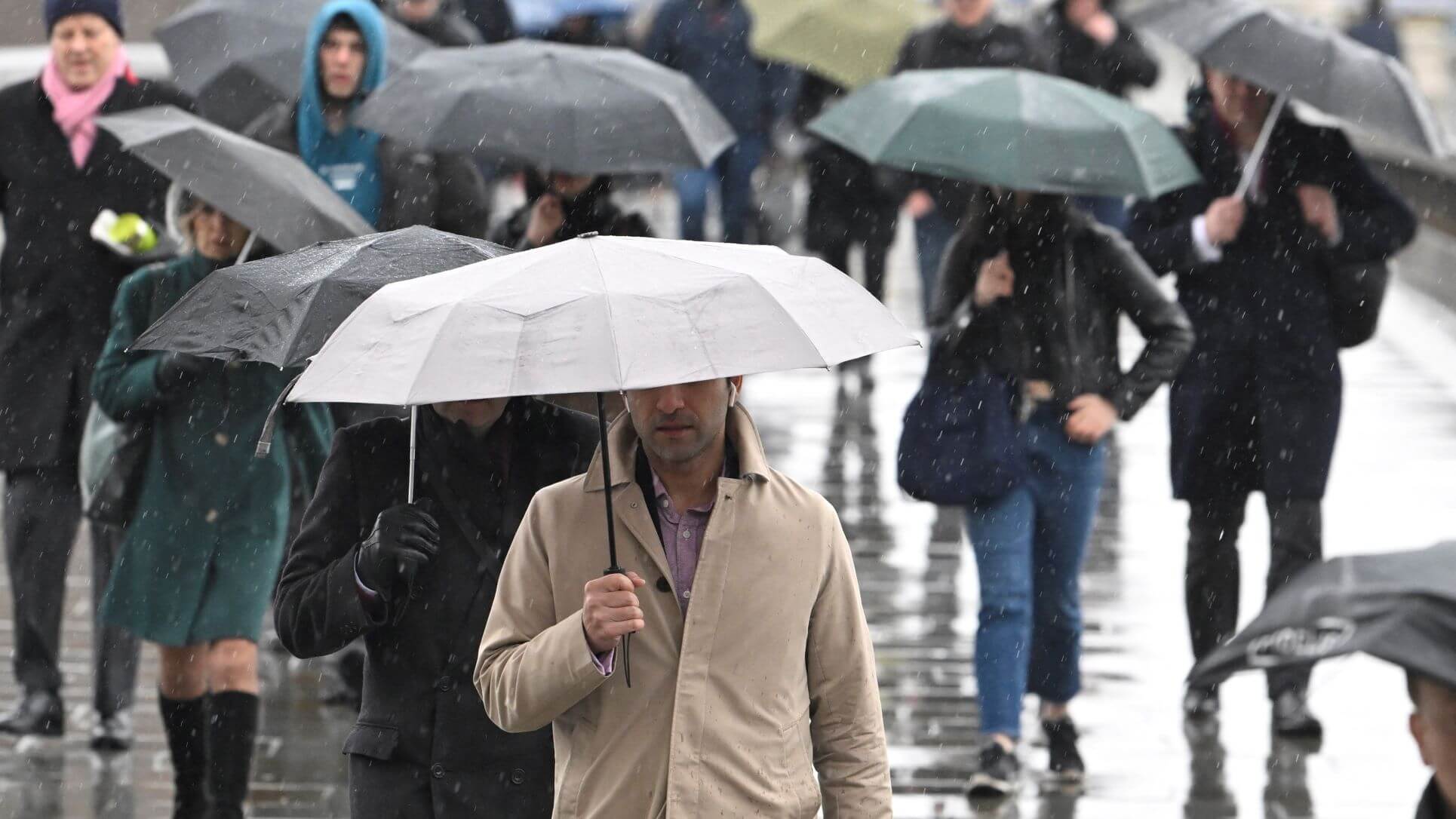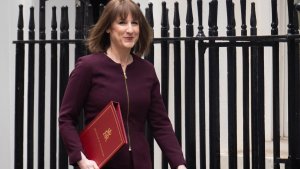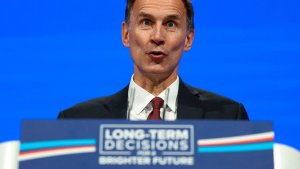The government wants to cut taxes, probably as soon as March 6 when Hunt will announce a budget plan.
UK Living Standards Set To Turn Corner Slowly - NIESR
The government wants to cut taxes, probably as soon as March 6 when Hunt will announce a budget plan.

British living standards will start to rise again this year but it will be 2027 before poorer households recover their pre-pandemic spending power, putting an onus on the next government to boost the country's slow economic growth, a think tank said.
Politicians should resist the temptation to offer voters tax cuts ahead of an election expected in 2024 and invest the money instead in ways to inject more speed into the economy, the National Institute or Economic and Social Research (NIESR) said.
With the ruling Conservatives lagging the opposition Labour Party in opinion polls, Prime Minister Rishi Sunak and finance minister Jeremy Hunt have said they want to cut taxes, probably as soon as March 6 when Hunt will announce a budget plan.
Stephen Millard, a NIESR deputy director, said the good news for 2024 was that wages would continue to rise while inflation fell quickly towards the BoE's 2% target, probably allowing the central bank to start cutting interest rates in May.
"The bad news is that trend growth remains low at around 1%," Millard said in a statement alongside NIESR's latest forecasts. "There is a desperate need for increased public and private investment if higher growth is to be restored."
While overall living standards look set to grow by 1.9% in the 2024/25 financial year starting in April, households in the bottom half of the income range will be between 7 and 20% worse off than immediately before the COVID-19 pandemic, NIESR said.
Britain's next government could speed up the slow recovery in household disposable income by prioritising public investment in areas such as transport infrastructure, housing and skills training over pre-election give-away tax cuts, it said.
More resources should also be provided for local authorities, many of which have had to cut public services.
NIESR's latest forecasts showed it expected Britain's economy entered a shallow recession in the second half of 2023 but would grow by 0.9% in 2024 - up from a previous forecast of 0.5% - and by 1.2% in 2025, before getting stuck at about 1% in each of the next three years.
Consumer price inflation would average 2.2% in 2024, down from 7.4% in 2023, helped by lower energy prices, and remain around that level until 2028.
The BoE was likely to cut Bank Rate to 3.25% by 2026, two years earlier than NIESR had previously forecast.
The think tank urged the British central bank to be clearer about its plans for lowering borrowing costs, something the European Central Bank and the U.S. Federal Reserve had been more explicit about, helping financial markets and businesses.
(Writing by William Schomberg; editing by David Milliken)
Thanks for signing up to Minutehack alerts.
Brilliant editorials heading your way soon.
Okay, Thanks!

